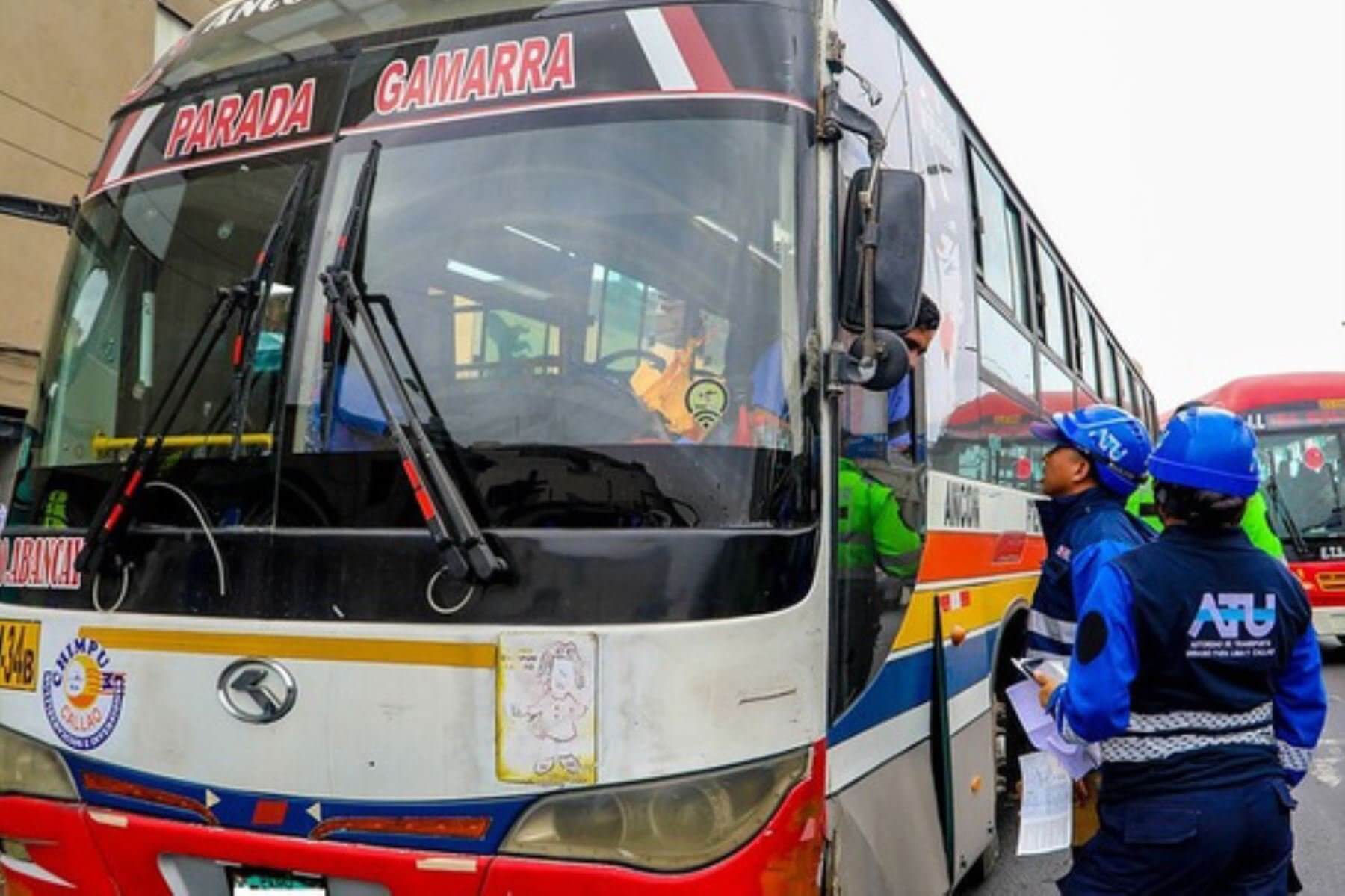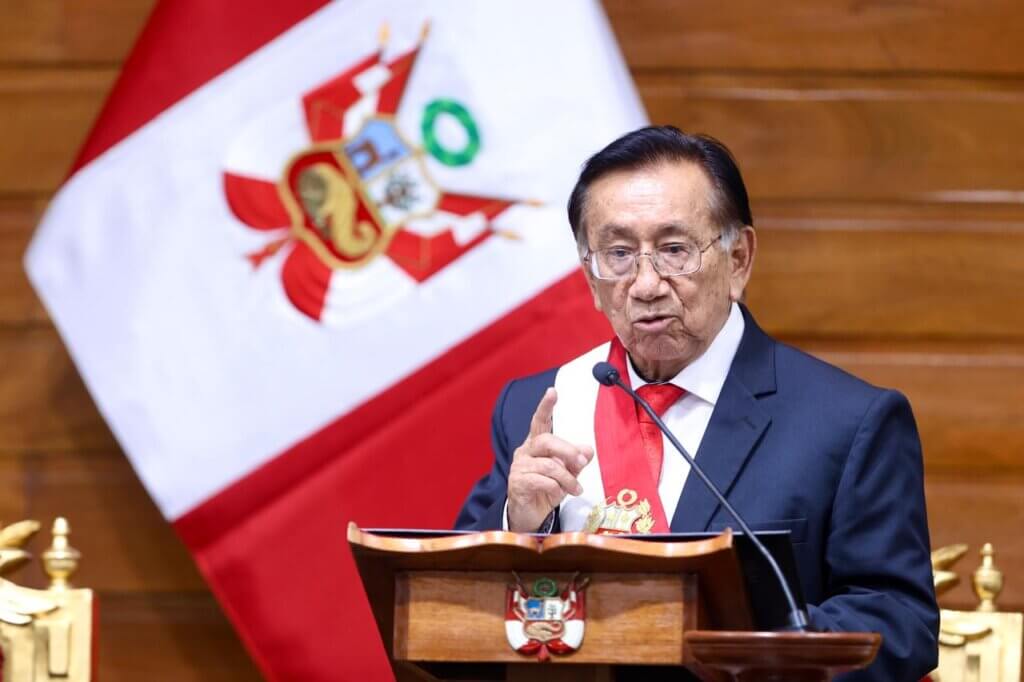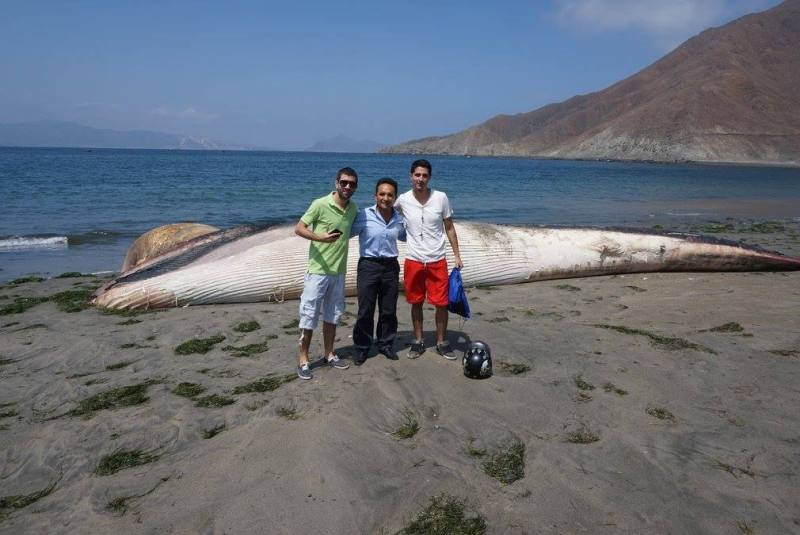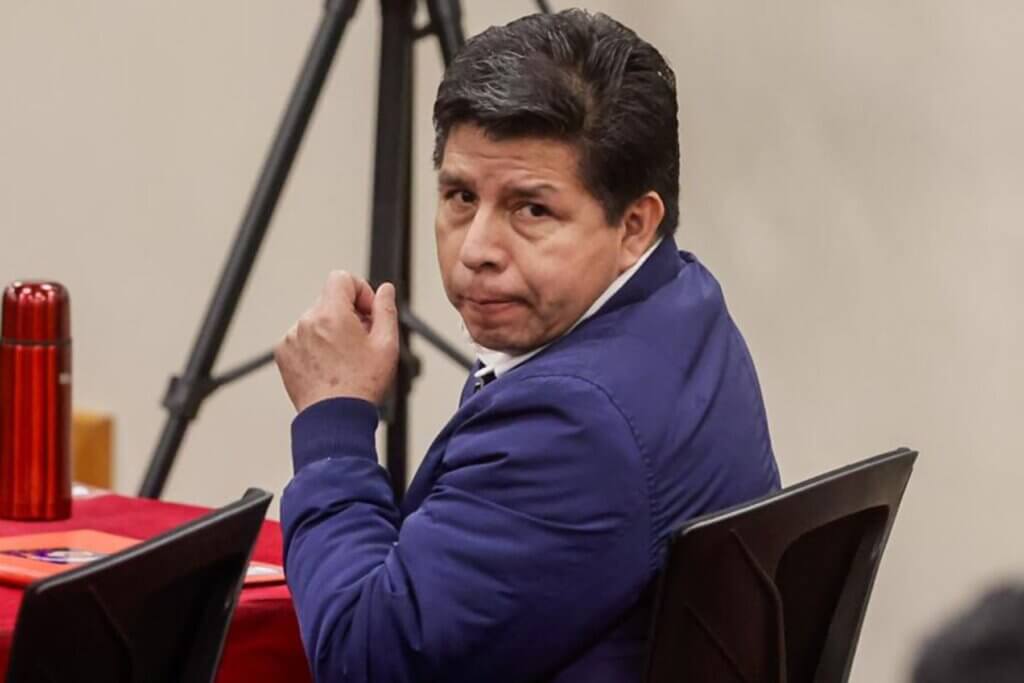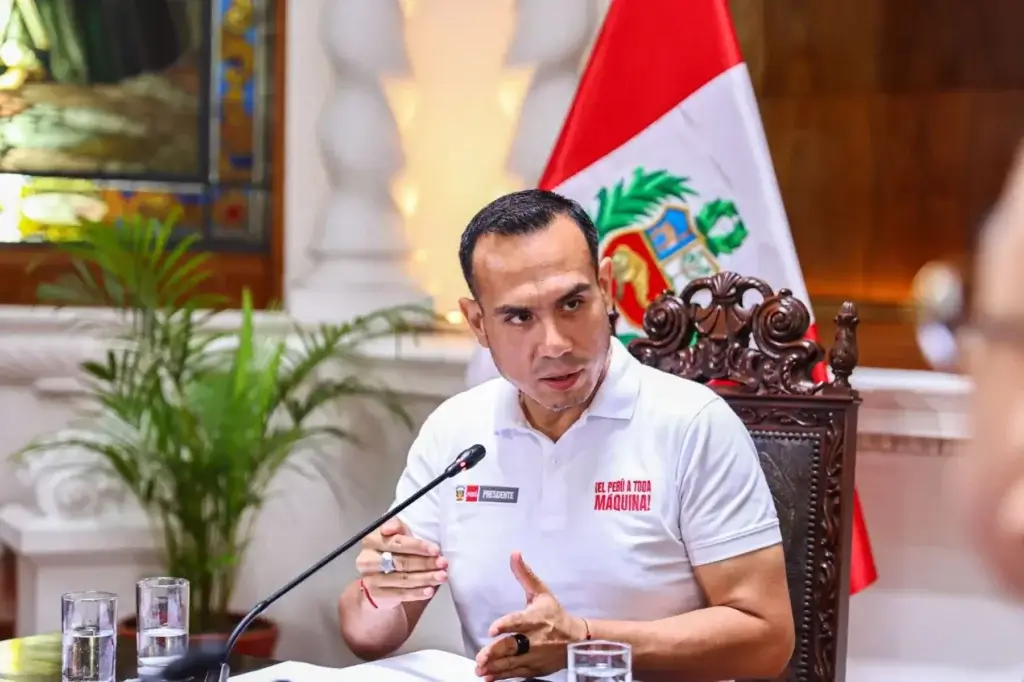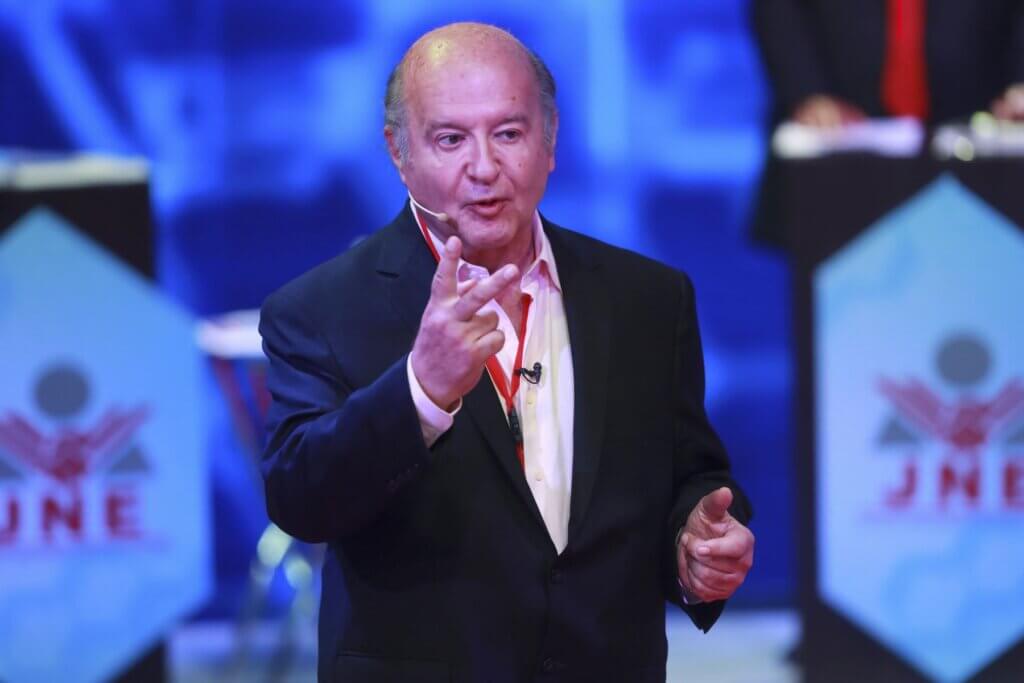Lima, Peru — Last Thursday, public transport companies in Peru’s capital, Lima, suspended their services in protest. They demanded that President Dina Boluarte’s government do more to prevent violence and extortion directed at bus drivers and other transport providers in the city by criminal groups.
For several months, criminal gangs have been extorting “protection fees” from drivers and bus companies to allow them to operate. Those who refuse to comply have faced severe consequences, including death. On September 22, a driver was murdered for refusing to pay a daily fee of 7 soles (USD 1.90) to obtain the “permission” to work.
According to estimates from the public transport union, approximately 3,000 vehicles participated in the strike. By early morning on Thursday, citizens were lining up in long queues at bus stations.
Martín Valeriano, president of the National Association of Transport Integration (Anitra), told AFP that there are 470 transport companies operating in Lima and Callao, of which around 50 are currently facing extortion.
In response to the escalating situation, the Ministry of the Interior declared a “State of Emergency” for 60 days in 13 districts of Lima and one district in Callao on September 27. These districts are home to 60% of the city’s 10 million inhabitants.
Interior Minister Juan José Santiváñez led an identity control operation and preventive patrols on Friday, deploying 3,400 police officers throughout Lima.
“The increase in police presence has been initiated since the beginning of my tenure, through various operations, and today allows us to establish ourselves in specific areas to protect public transport and the general public,” he stated to the press.
He added, “I send a message to transport workers, shopkeepers, and all small business owners: The National Police has been active since early this morning, not only in transport but also protecting businesses.”


